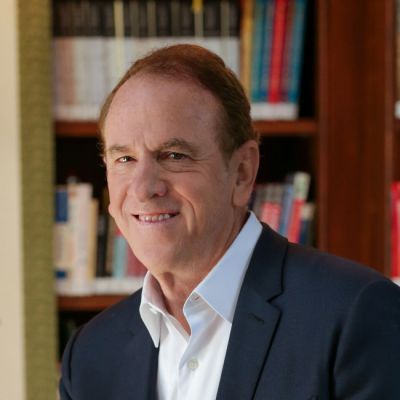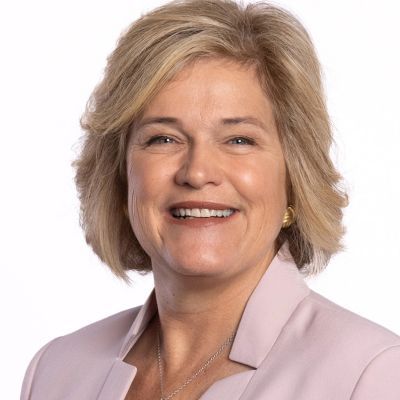Overview
With the growing frontier of patient influencers using social media platforms to promote prescription drugs, increased attention is being paid to the impacts of social media advertising. In December 2022, the Federal Trade Commission (FTC) and Food and Drug Administration (FDA) issued new guidance on the use of social media and influencers in marketing health products and over-the-counter drugs. More recently, the FDA issued a final rule updating regulatory standards for direct-to-consumer (DTC) television and radio advertisements for prescription drugs in December of last year.
While the FDA and FTC have taken steps toward more scrutiny over how influencers promote pharmaceutical and health products online, additional restrictions or data collection requirements have not yet been applied to manufacturers, influencers, or platforms for advertising prescription drugs via social media. In a recent STAT op-ed, patient advocacy groups are pushing to require data gathering by regulators and platforms like Meta and TikTok to keep track of DTC-sponsored advertisements in the hopes of stemming the rising tide of health misinformation.
Background
The US is one of only two countries that allows pharmaceutical manufacturers to advertise prescription drugs directly to consumers, whether on social media or elsewhere. FDA and FTC both regulate online prescription drug advertisements. The FTC focuses on disclosures for paid endorsements, while the FDA focuses on misleading content and proper side-effect disclaimers. As an example of their regulatory measures, the FDA forced Duchesnay to correct a Kim Kardashian post promoting Diclegis for morning sickness in 2015, after she neglected to include the proper information on side effects, as reported in Fierce Pharma. However, according to Bloomberg, the FDA has only issued two warning letters about drug advertisements on social media platforms in the past five years.
The most recent formal guidance issued by the FDA related to promoting prescription drugs via social media was in 2014, four years before TikTok was downloadable in the US. The guidance related to requirements for influencers to include risk information and prevent misleading claims. Because the rules only apply to “static” posts and came out before Instagram or TikTok formats that allow for live and unscripted videos, there are concerns about the relevance of the rules today, as VedderPrice reports. In 2022, the FTC updated its Endorsement Guides for the first time since 2009 and made clear to drug companies that influencer endorsements fall under its jurisdiction. The new Endorsement Guides require the conspicuous disclosure of material connections to the company and state that “expert” endorsers must have the expertise they claim to have.
The US has a laxer approach than EU or the UK, where social media activity regarding pharmaceuticals is highly regulated. In September 2022, the International Federation of Pharmaceutical Manufacturers and Associations and European Federation of Pharmaceutical Industries and Associations published joint guidelines that specifically noted it was illegal to use influencers as an “indirect vehicle” to promote pharmaceutical products. The guidelines also required companies to document their rationale for engaging with influencers or opinion leaders and to disclose any such relationships.
Why Is This Important?
In the US, influencers are not always revealing their relationships with pharma companies, and some are offering advice claiming expertise that they do not possess. Erin Willis, co-author of a March 2023 study on this issue, told The Guardian that among the influencers included in their study, many offered prescription drug advice without disclosing their relationships with drug companies. In addition, all 26 influencers in the study considered themselves experts. This type of interaction, particularly when it occurs in smaller online environments such as the comments on micro-influencer pages, is difficult to track and regulate.
As noted in Politico, “individualized” experiences with patient influencers offering specific advice on topics such as dosages present unique challenges to regulators. The number of patient influencers is unclear, but Health Union (a patient influencer agency that connects patients with drug companies) claims to have over 100,000 “patient leaders.” While federal law requires pharmaceutical companies to reveal their spending on doctors, there is no framework for tracking payments to patient influencers even when they reveal whether they are being paid by a drug company (much less when they do not).
This burgeoning industry is coming up alongside a spike in the spread of health misinformation via social media, which poses a serious threat to public health and puts undue strain on the health-care system. Commissioner Robert M. Califf has referred to health misinformation as a leading cause of death in the United States. Social media platforms are critical in disseminating health information to those who need it. According to KFF News, nearly a quarter of Americans rely on their social media feed for health information, and a 2020 survey by Health Union reveals that online audiences tend to find patient influencers to be a trustworthy source of medical advice.
Milken Institute researchers Katherine Sacks and Bumyang Kim, in their 2022 Health Literacy in the United States report, revealed that only 12 percent of US adults are proficiently health literate. Low health literacy rates, according to Willis in CU Boulder Today, should make keeping up with influencer marketing trends even more important to regulators.
What Happens Next?
Researchers at the Dartmouth Institute for Health Policy and Clinical Practice and patient advocates at Generation Patient are asking the FDA in a recent STAT op-ed to develop and clarify regulations to protect patients from the harm of misleading health information. One of the necessary conditions to develop this type of oversight is data collection. One former senior counsel for the FDA’s Office of Prescription Drug Promotion (OPDP) told Bloomberg that the FDA should develop an online intake form for misleading ads related to prescription drugs, which the agency is considering. Generation Patient has called on the FDA to partner with Meta and TikTok to create a database of sponsored influencers, utilizing existing hubs like the Meta Ad Library to index sponsored content. According to Bloomberg, agency officials at the FDA OPDP are currently monitoring social media to determine the necessity of updating its 2014 social media guidance.
Check our Tech Regulation Tracker for updates on tech regulation.
















